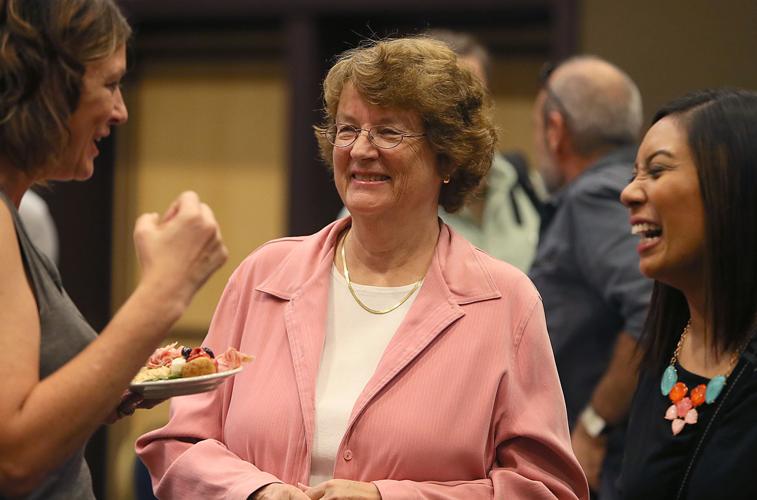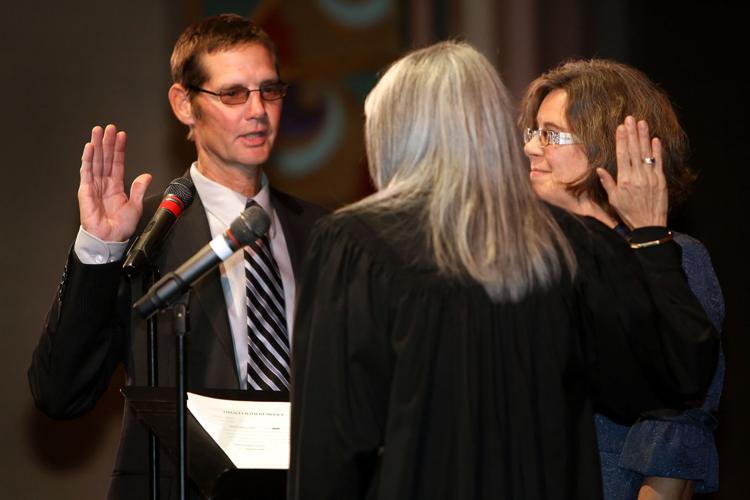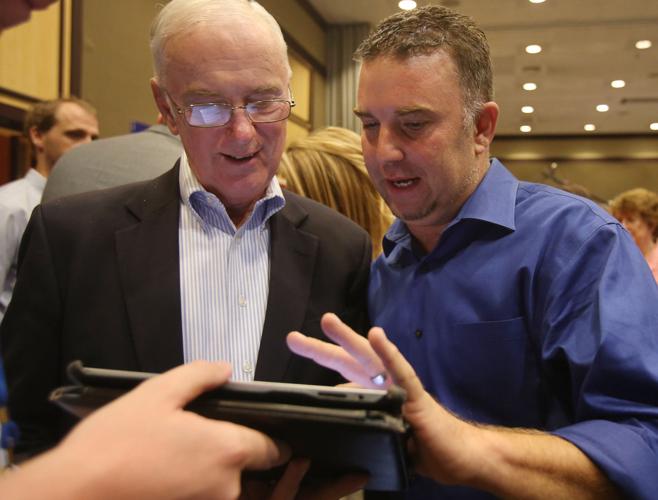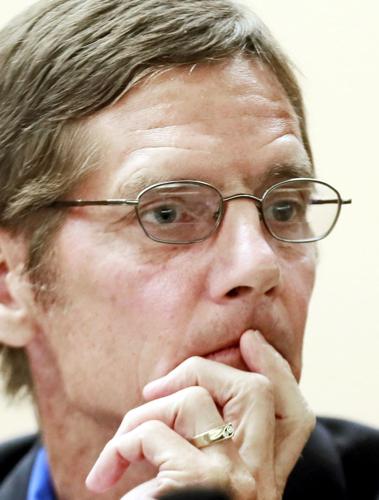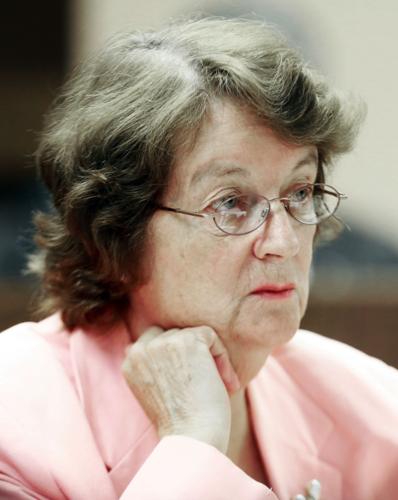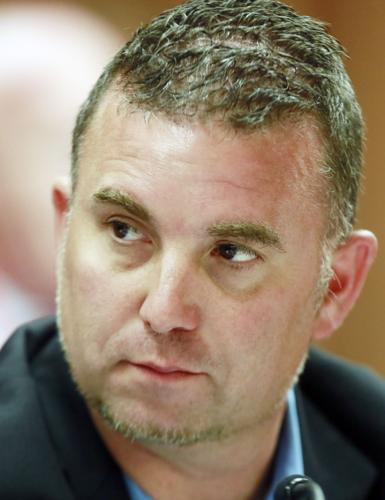Tucson’s election system unconstitutionally favors Democrats, a panel of federal appeals court judges ruled Tuesday.
Tucson’s system — a ward-only primary election and an at-large general election — was described as “unusual” and “odd” by Circuit Judge Alex Kozinski in a 9th Circuit Court of Appeals 2-1 split decision posted Tuesday, Nov. 10.
The ruling seems to say the city must use citywide elections because the mayor and council members, once elected, represent the entire city. The Republican plaintiffs favor a ward-only system.
“We cannot endorse an election system that encourages at-large representatives to prioritize kissing babies and currying favor in their home wards over the interests of their constituents who happen to live in other parts of the city,” Kozinski wrote.
The ruling says Tucson must use either a ward-only election system or a citywide election system, but not a combination of the two. The court action does not affect the results of last week’s city election.
The ruling surprised city leaders.
The Tucson City Council will discuss its next steps at its Nov. 17 meeting. Among its options are to request a review by the full 9th Circuit or to take the case to the U.S. Supreme Court, City Attorney Mike Rankin said.
Tucson Mayor Jonathan Rothschild said the City Council could take weeks to decide how to proceed.
It will be up to Tucson voters to change the city charter, which is like the city’s constitution, to alter the election process.
Earlier this year the city charter review committee, tasked with recommending changes to the charter, split on whether ward-only elections are a good move for the city.
That prompted a lawsuit by national Republican committeeman and Tucson resident Bruce Ash, the Public Integrity Alliance and several former GOP candidates to try to force the city to make changes.
“If the City Council won’t do it and the charter change committee doesn’t want to suggest the change to mayor and council, and it takes a lawsuit to do it — I wanted to be a part of that,” Ash said in April.
On Tuesday, Ash said if city leaders are serious about allowing ward-only elections they should accept the ruling and act to “shred this archaic restriction on how Tucson is represented.”
The other plaintiffs were former Pima County Board of Supervisor candidates Fernando Gonzales and Ann Holden, and former Tucson City Council candidates Lori Oien and Ken Smalley.
“We are grateful that the court has overturned Tucson’s outrageous election scheme, which effectively excluded Republicans from the City Council,” Arizona Republican Party Chairman Robert Graham said in a news release.
In their ruling, Kozinski and Circuit Judge Lawrence Piersol said excluding some voters from the primary election based on which ward they live in is a violation of the 14th Amendment and the Equal Protection Clause, known as the “one man, one vote” protection. Circuit Judge Richard Tallman presented a dissenting opinion that says Tucson voters can choose how to run their own elections.
Tucson voters chose the hybrid system in 1929 and it has survived many previous legal challenges, including a case in the Arizona Supreme Court.
Voters have repeatedly turned down a ward-only election system, Rothschild said. It’s possible the City Council will have to put all the options on the ballot and the most popular option would win, he said.
During arguments at the 9th Circuit in San Francisco in August, Public Integrity Alliance attorney Kory Langhofer said the “one man, one vote” right is about protecting minorities. That includes Republicans, who are political minority in Tucson.
If the majority of voters say they don’t want to change the election system, he argued, the court shouldn’t be satisfied with the message that “we’re perfectly happy minimizing the influence of the minority party.”
In the opinion, Kozinski agreed the system favors Democrats in Tucson’s six wards.
“There is no dispute that the Democratic nominee enters the general election with an enormous advantage,” he wrote. “Thus the vote in the primary — and particularly the Democratic primary — has a commanding influence on the outcome of the general election. Yet five-sixths of Tucson’s voters have not even a theoretical possibility of participating in the primary that will, for all practical purposes, determine who will represent them in the City Council.”


